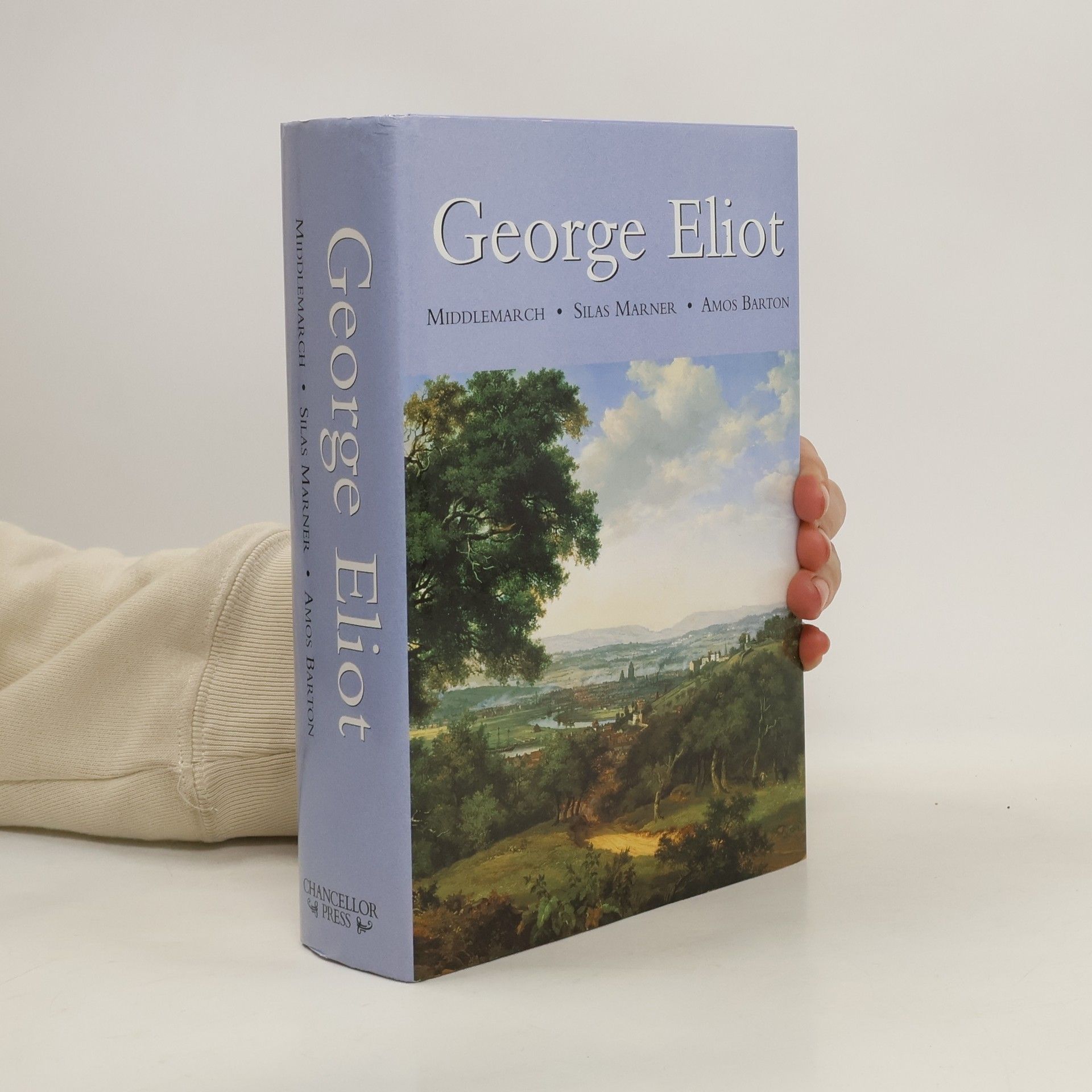Parameter
- 864 Seiten
- 31 Lesestunden
Mehr zum Buch
3 masterpieces from one of the Victorian era's most brilliant and celebrated feminist novelists--George Eliot, ne Mary Ann Evans. Middlemarch, her most well-known work, paints a rich and varied portrait of English society. Eliot focuses especially on the idealistic Dorothea Brooke, a woman who, lacking a creative outlet of her own, dedicates herself to her husband's legacy. In Silas Marner, a tale filled with mystery and emotion, an embittered man retreats from the outside world, thinking only of work and money. Then his wealth is stolen from him-and a young foundling comes into his life and changes everything. Also included: the short story Amos Barton, which heralded Eliot's arrival as a writer when it was published in Blackwood's magazine in 1857.
Buchkauf
George Eliot: Middlemarch, Silas Marner, Amos Barton, George Eliot
- Sprache
- Erscheinungsdatum
- 2002
- product-detail.submit-box.info.binding
- (Hardcover)
Hier könnte deine Bewertung stehen.
